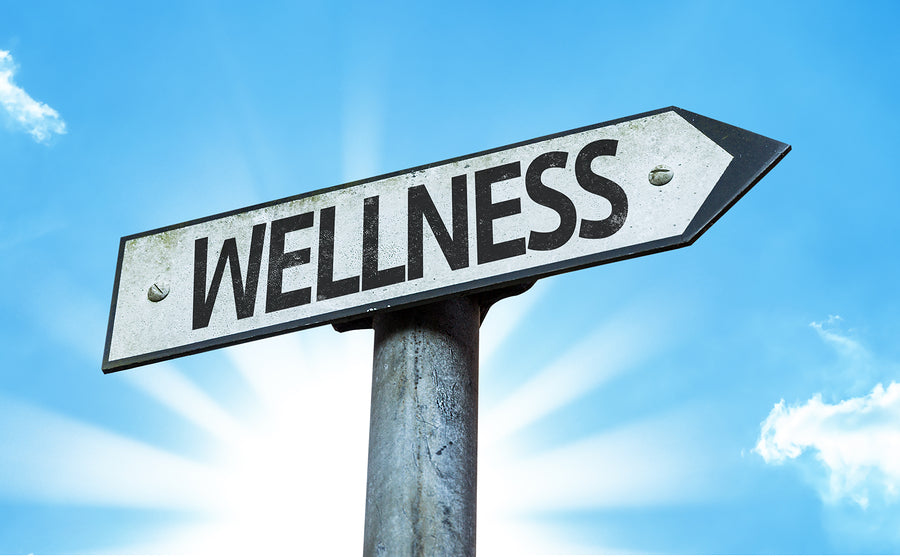
What Does Wellness Mean to You? Discovering Personal Well-Being
The concept of wellness has evolved over the years, becoming a cornerstone of healthy living. But what does wellness mean to you? For some, it’s about maintaining physical health, while for others, it encompasses mental clarity, emotional balance, or even financial stability. This personalized approach makes wellness a deeply individual journey.
In this article, we’ll explore the multifaceted meaning of wellness and how you can define and cultivate it in your life.

Understanding Wellness: A Holistic Perspective
What is Wellness?
Wellness is a dynamic process of achieving physical, mental, emotional, and social well-being. It’s not merely the absence of illness but a proactive journey toward living a fulfilling and balanced life.
Unlike health, which focuses on diagnosing and treating conditions, wellness is about maintaining and improving your overall quality of life through mindful decisions and actions.
Why Defining Wellness is Personal
1. Individual Needs and Goals
Your interpretation of wellness depends on your priorities. For someone battling stress, wellness might mean practicing mindfulness. For an athlete, it could mean optimizing physical performance.
2. Cultural and Social Influences
Cultural beliefs and societal norms also shape what wellness means to you. For instance, some cultures prioritize spiritual wellness, while others emphasize physical fitness or financial independence.
3. Life Stage and Circumstances
Your definition of wellness can change based on your age, career stage, or personal circumstances. A young professional may focus on career growth, while a retiree may prioritize relaxation and health.
Dimensions of Wellness
To understand what wellness means to you, consider its key dimensions:
1. Physical Wellness
This involves taking care of your body through regular exercise, proper nutrition, and adequate sleep. Physical wellness also includes preventive care and listening to your body’s signals.
2. Emotional Wellness
Emotional wellness is about understanding and managing your feelings. Practices like journaling, therapy, or simply taking time to decompress contribute to this dimension.
3. Mental Wellness
Mental wellness focuses on cognitive health. Activities like reading, meditation, or solving puzzles can help keep your mind sharp and stress-free.
4. Social Wellness
Building meaningful relationships and maintaining a supportive social network are vital to your overall well-being.
5. Financial Wellness
Managing money wisely to reduce stress and achieve financial security is an often-overlooked aspect of wellness.
6. Spiritual Wellness
This involves connecting with your inner self, exploring your purpose, or practicing faith and gratitude.
How to Define What Wellness Means to You
-
Reflect on Your Priorities
Ask yourself: What areas of my life bring me joy, and where do I feel imbalanced? Use these reflections to identify your wellness goals. -
Set Personal Wellness Goals
Whether it’s losing weight, improving mental health, or learning new skills, your goals should align with your definition of wellness. -
Adopt Healthy Habits
Small daily actions like walking, meditating, or unplugging from technology can contribute to overall well-being. -
Be Flexible
Wellness is a journey, not a destination. Your priorities and goals may shift, and that’s okay.
Tips for Enhancing Your Personal Wellness
- Practice Gratitude: Reflect on the positives in your life daily.
- Get Moving: Even 20 minutes of physical activity can boost mood and energy.
- Stay Connected: Spend time with loved ones or join a community group.
- Prioritize Sleep: Quality rest is the foundation of good health.
- Unplug Regularly: Take breaks from digital devices to recharge mentally.
Final Thoughts: What Does Wellness Mean to You?
Wellness is not a one-size-fits-all concept. It’s a personal journey that evolves as you grow and change. By understanding the dimensions of wellness and identifying what resonates most with you, you can create a balanced, fulfilling lifestyle that supports your goals and well-being. Take the time to reflect on your unique definition of wellness, and make it a priority in your life.

Leave a comment